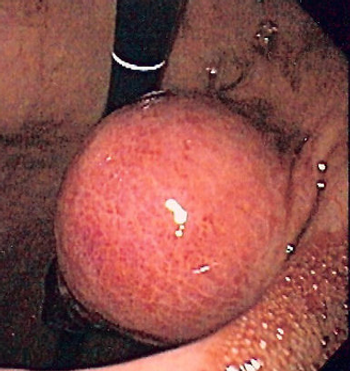
CHICAGO-Sorafenib (Nexavar) is safe and prolongs overall survival and time to progression in Asian patients with advanced hepatocellular carcinoma (HCC), finds the randomized phase III Asia-Pacific liver cancer study. Moreover, efficacy was similar to that in the Western population even though the Asian patients had more adverse prognostic factors.
































